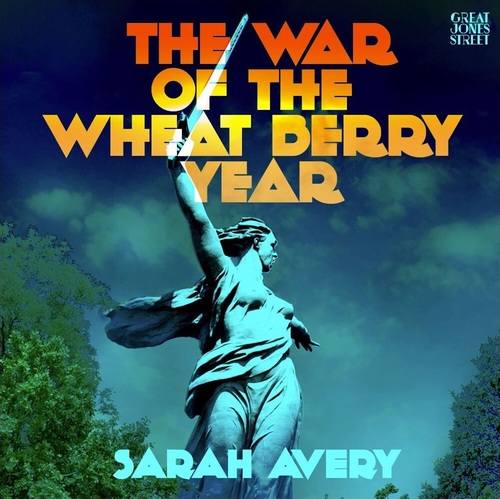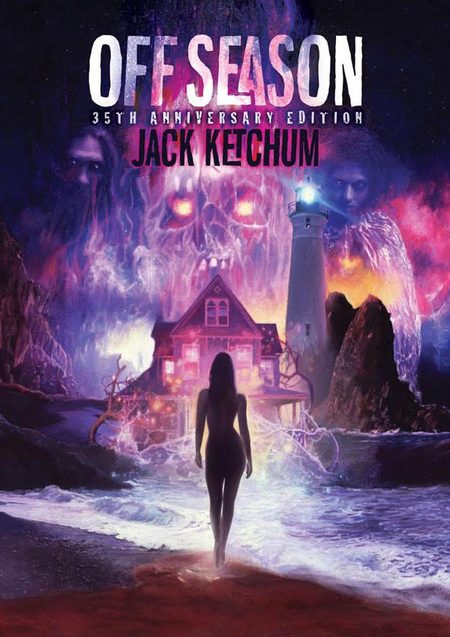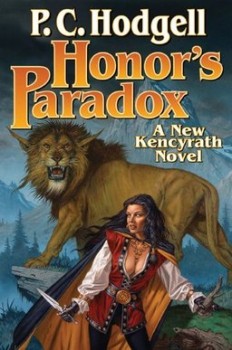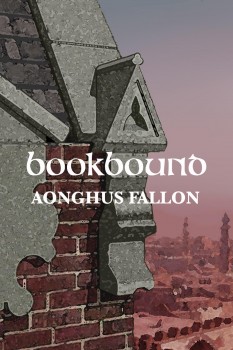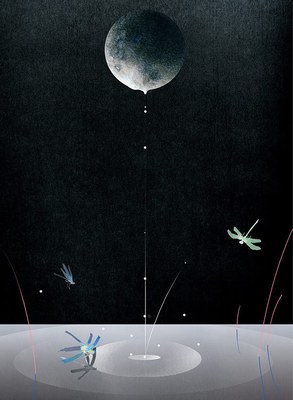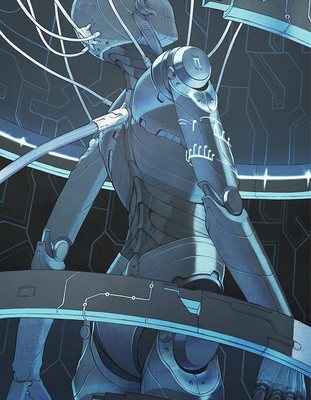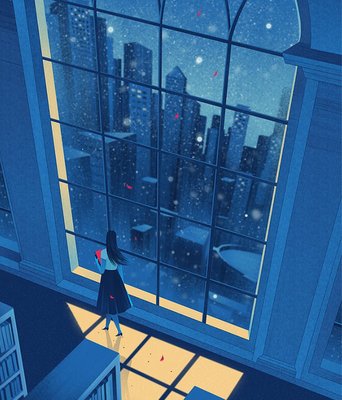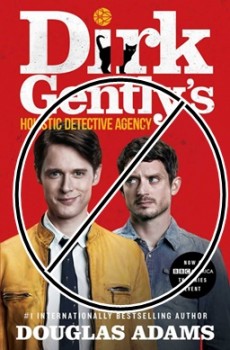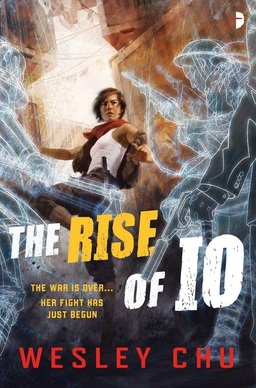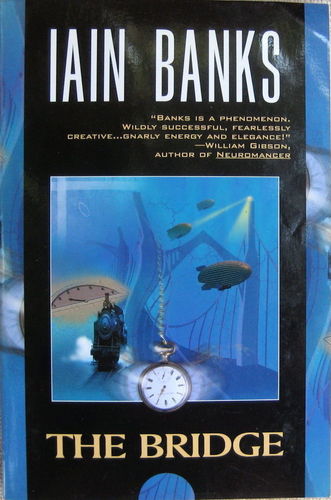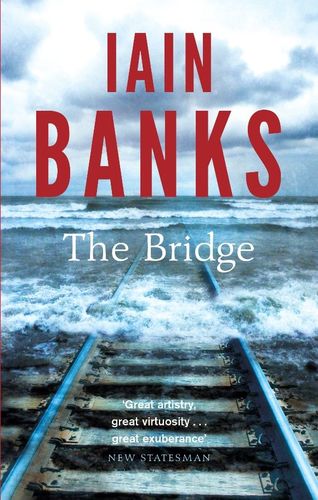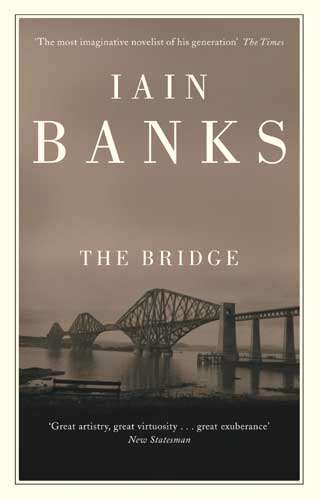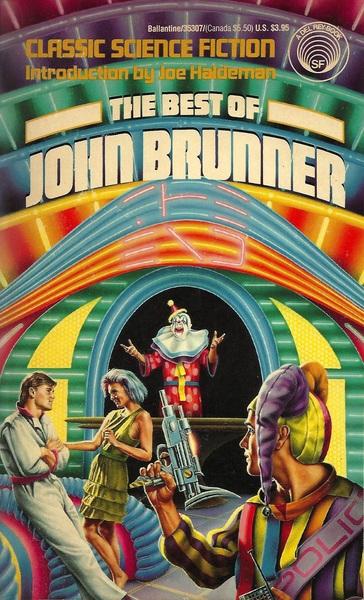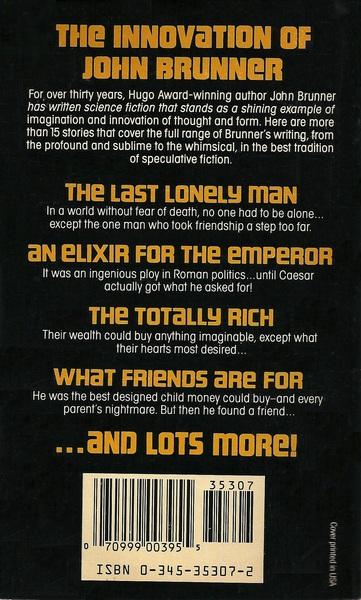Sarah Avery on “The War of the Wheat Berry Year”
Sarah Avery’s story “The War of the Wheat Berry Year” first appeared in the Black Gate 15, our last print issue. Since then, Sarah has had a stellar career — winning the 2015 Mythopoeic Award for her novel Tales from Rugosa Coven, editing an anthology with David Sklar, and successfully Kickstarting The Imlen Brat, a novella featuring the heroine of “War of the Wheat Berry Year,” when she was a child adopted into a perilous royal court. Now Great Jones Street has reprinted a revised version of “The War of the Wheat Berry Year.” Here’s Sarah.
In 2003, I wrote a fantasy short story about.. a turncoat. I gave her many of the attributes we see so often — an army of followers who are Other to her, a homeland with blatant unresolved injustices, an offstage villain who is suitably repellent. But I gave her a few other things, too, that the usual turncoats don’t have.
She faces someone she loves on the battlefield. Someone she owes, who has done her lifesaving kindnesses she can never forget or repay. He’s angry, and his anger has its reasons. Quite apart from her betrayal of their nation, she has betrayed him, humiliated him, endangered him, put him in the position of having to make choices he finds unbearable. Worst of all, she has put him in the position of having to kill her or to die trying…
A few years later, “The War of the Wheat Berry Year” was my first professional sale. I sold the story to John O’Neill at Black Gate — he put me through three rounds of revisions for clarity, and I’ll always be grateful for his patience. In 2009, when the magazine was about to transition from print to online publication, my story appeared in the last print issue. Some things about the first published version of the story hold up pretty well, well enough that Great Jones Street picked it up for reprint this year.
Read Sarah’s complete article on the reasons for her revisions, “Conscientious Turncoats, Or Why I Stopped the Virtual Presses on “The War of the Wheat Berry Year,” at Great Jones Street.
